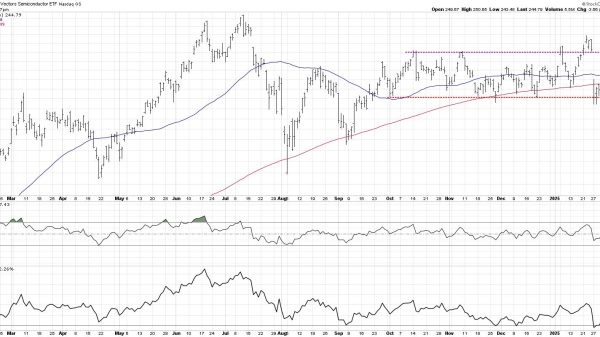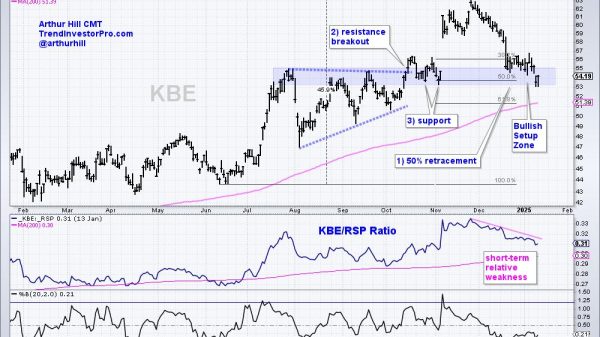
Companies that received government support through Rishi Sunak’s pandemic-era Future Fund were more likely to collapse than peers who did not take state money, according to a new audit that raises fresh questions about the scheme’s value.
A review by RSM UK Consulting found that Future Fund-backed firms were more likely to have gone into liquidation, suffered sharper falls in employment, and showed no outperformance on key financial measures such as turnover or valuation compared with non-funded peers.
The findings will intensify scrutiny of the £1.14 billion scheme, set up in May 2020 to provide lifelines to loss-making, technology-focused start-ups that could not access other Covid finance programmes. Under the initiative, 1,193 companies received state-backed loans, which had to be matched by private investors. The loans were later converted into equity stakes, leaving the government with one of Europe’s largest and most eclectic venture portfolios.
At its launch, Sunak – then chancellor – hailed the scheme as a tool to “transform UK industry” and “strengthen our position as a science superpower”. Yet by June this year, 340 of the companies had gone bust, including three linked to Sunak’s wife Akshata Murty. There is no suggestion of wrongdoing by Sunak, who played no role in selecting recipients.
The RSM report said “slightly more” of the comparable businesses outside the fund remained active, “suggesting marginally stronger resilience outside the fund”. While liquidation rates were higher among portfolio companies, RSM noted that exits — such as sales to other firms — were also more common among Future Fund-backed companies, and a handful of “outlier” firms are growing at exceptional speed, offering some hope of long-term taxpayer returns.
Employment trends were more troubling. Portfolio businesses “experienced sharper employment declines than counterfactuals”, with researchers suggesting that many recipients may have prioritised scaling their businesses over job creation.
The audit also revealed that many of the supported firms fell outside the programme’s intended remit, including Bolton Wanderers FC and the, Business Champion Award winning, events company Killing Kittens, run by Emma Sayle (pictured).
Keith Morgan, then chief executive of the British Business Bank, which administered the scheme, had warned ministers in 2020 that taxpayer funds risked being wasted on “the second tier of companies”, since the strongest start-ups would attract private funding without state help. His warnings were overruled.
By last year, RSM found little difference between portfolio and non-portfolio companies on overall financial metrics such as valuations, turnover, or fundraising. Many of the expected long-term impacts — from sustained growth to innovation spillovers — will take “several more years to fully materialise”, the report concluded.
The British Business Bank defended the scheme, highlighting survey evidence that seven in ten portfolio companies would have shut down without it. Marilena Ioannidou, the bank’s senior director for the Future Fund, said the study showed the programme “delivered on its objectives”, adding that it “played a vital stabilising role, mobilising private capital and maintaining investor confidence during the pandemic, particularly in high-growth sectors”.
Read more:
Companies backed by Sunak’s Future Fund more likely to have failed, report finds























